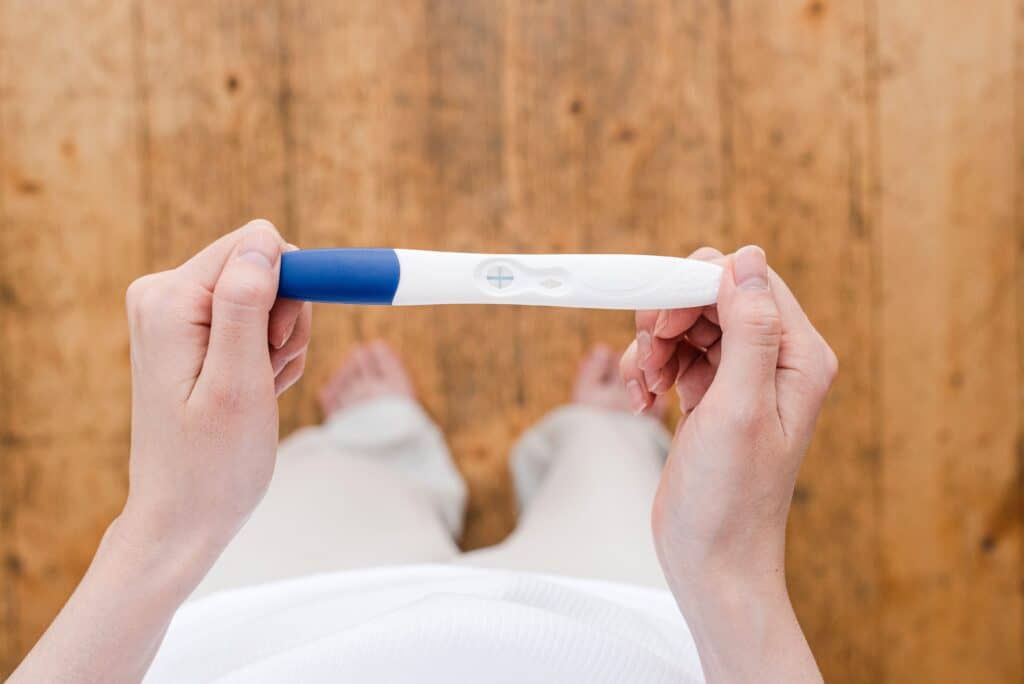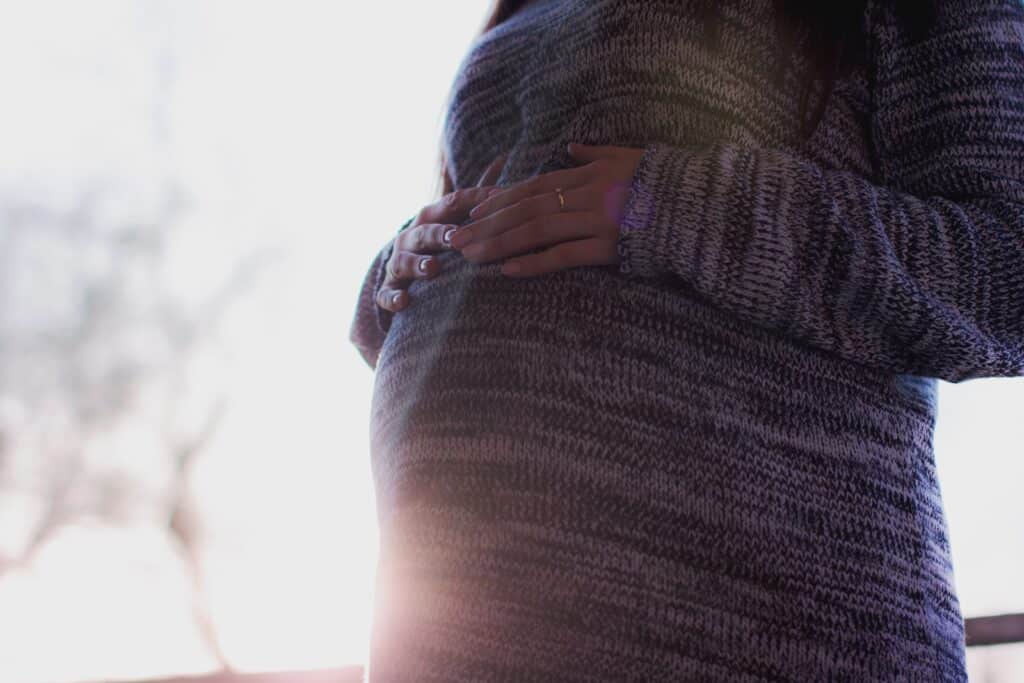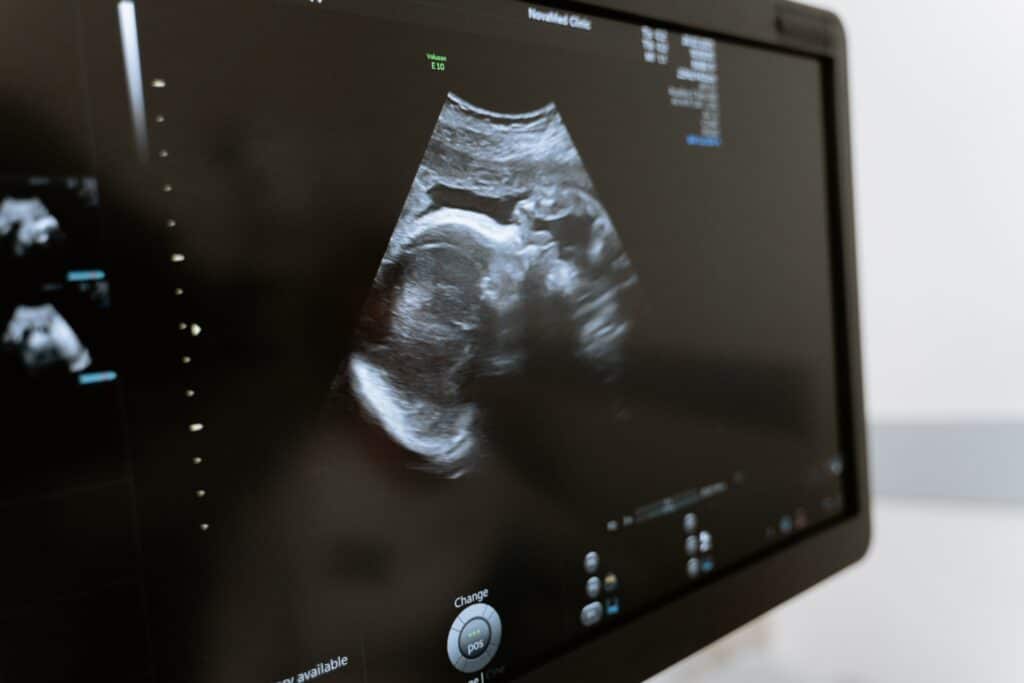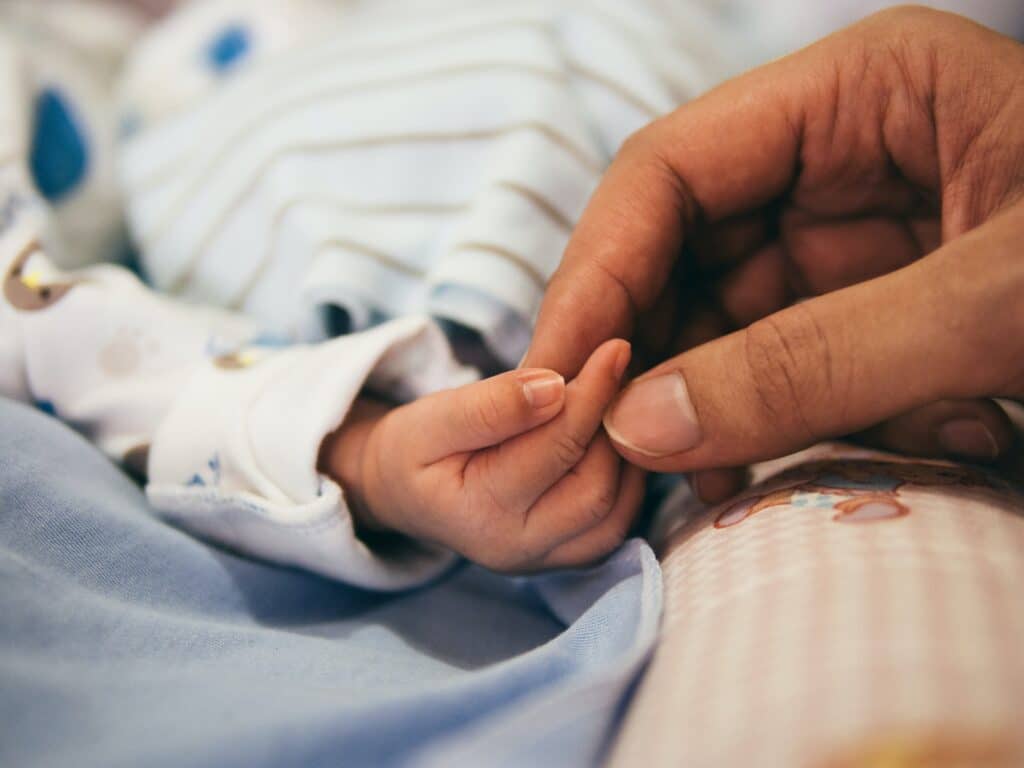
Learning you’re pregnant while battling an opioid addiction can be a terrifying situation and overwhelming experience. It often feels like a crisis without a solution, especially when faced with the dual challenges of withdrawal symptoms and morning sickness. The fear of scorn and judgment can make it seem like there’s nowhere to turn for help.
However, if you’re committed to moving forward with your pregnancy, there is hope. Evidence-based treatment methods for opioid addiction using FDA-approved medications are available in an outpatient setting. Seeking help for opioid addiction doesn’t require endless hoops to jump through. There are compassionate teams of dedicated medical personnel ready to assist you.
Understanding Opioid Misuse and Its Risks During Pregnancy
Many in your situation have, unfortunately, foregone seeking medical assistance. This is often due to stigma and fear of legal prosecution while being pregnant and grappling with opioid use disorder. The results are often traumatic and sometimes fatal for both the addicted mother and baby who have received no prenatal care. However, seeking aid from an empathetic and experienced medical provider is the best life-saving step you can take right now.
Specialized medical providers understand the correct protocol for expectant mothers with opioid addiction. They can make this process safer for both the parent and baby. In many the settings at AppleGate Recovery, patients have access to a counselor who would conduct an assessment with the patient. Some locations also offer a case manager who would also be available to support the mother. Our team recognizes that substance use disorder is a disease, not a choice. They aren’t interested in casting judgment or condemning your situation.

Prenatal Care for Opioid Addiction and Treatment Intake Process
When you enroll in an outpatient addiction program that utilizes medication-assisted treatment (MAT), you will first go through the intake process. From there, your medical provider will review your health history. It is crucial for you to be truthful and specific about all substances you are using and their quantities.
Even if you’re unsure of your current usage amount, providers can help. They sometimes assess the amount based on your spending per dose or the frequency of use. Don’t worry; your doctor isn’t looking to get you into any legal trouble. They want to help you get better and maintain a viable pregnancy.
MAT During Pregnancy – Safe Therapies for Expecting Mothers with Opioid Addiction
Being entirely transparent about your ingestion method is important, especially if you’re using intravenously. Using needles brings attention to specific issues such as blood infections and endocarditis, a dangerous heart condition. Some infections from intravenous use can impact fetal development. Therefore, the provider needs to examine all injection sites for signs of abscesses.
If the medical staff requests an HIV, hepatitis, STI test and a drug panel, don’t be alarmed. They perform these tests as standard procedures for expectant individuals to immediately recognize any potential issues. Once recognized, they are able to treat it before it can manifest into something life-threatening.
It’s essential to disclose any illicit drug use, including non-opioid substances, as they might contain fentanyl. Standard screening procedures might not detect this potent and addictive opioid, potentially impacting both mother and fetus.
When the medical provider begins to assess your withdrawal levels, they will utilize the COWS (clinical opioid withdrawal scale.). This part of the intake process is immeasurably vital in gauging the dosage of your medication. So being as truthful as possible is the best way to avoid troubleshooting in the future.
Long-acting medications such as buprenorphine or Suboxone help curb drug-seeking behavior and cravings. This allows expectant mothers to focus on improving their health during pregnancy. Going through withdrawal without medical assistance can cause significant harm to pregnant individuals and the fetus, sometimes leading to miscarriage or other devastating complications.

Managing Neonatal Opioid Withdrawal Syndrome in Newborns
A growing fetus will absorb everything a mother ingests, including illicit drugs or MAT medication, which means that there is a possibility that the child will be born with symptoms of neonatal opioid withdrawal syndrome, more commonly known as NOWS. It’s also referred to as NAS (neonatal abstinence syndrome), which occurs when a baby is exposed to addictive substances in the womb. Thankfully, this condition is treatable, but without treatment, it can significantly put the newborn’s life in danger.
Babies born with NOWS will need more time at the hospital under medical observation to help wean their systems off medications or drugs. However, many healthy children have grown up with minimal issues despite this condition.
If you’ve enrolled in MAT during pregnancy, your medical provider and obstetricians will work together to ensure immediate treatment for symptoms of NAS once they’re born. Babies with NAS are born with opioids in their bloodstream. Upon birth, they may experience uncomfortable withdrawal symptoms since they are no longer connected to the umbilical cord that supplies the substance from their mother. Women who don’t receive prenatal care while pregnant and addicted to opioids risk birthing children with both physical and developmental issues, making early intervention vital.

Post-Partum Care and Recovery for Mothers After Opioid Addiction
Mothers with newborns in the NICU who are enrolled in a MAT program receive special care. This is to ensure they are both physically and mentally prepared to take their babies home. Substance use counseling also plays a crucial role in this special care. It offers invaluable resources to help new parents navigate the challenging first months of caring for a newborn baby.
Considering opioid use disorder is a chronic disease with threats of relapse, ongoing treatment is always encouraged. Experts recommend that post-partum patients remain on their MAT medication at least until the baby is sleeping through the night on their own, as withdrawal symptoms can be incapacitating when caring for a newborn. If you wish to end your MAT treatment once your baby has been treated for NAS, your medical provider will help guide. They will take you through various steps to decrease your dosage over time.
Take the Next Step with AppleGate Recovery for Pregnancy-Safe Addiction Treatment
While pregnancy is often a time for joy and excited anticipation for many, those who struggle with opioid use disorder face different challenges. Thanks to the developments in addiction science, there are many ways to treat pregnant people and newborn babies exposed to opioid substances.
To learn more about enrolling in medication-assisted treatment while pregnant, contact the nearest AppleGate Recovery office and speak to a staff member. Message or call today to work towards the future you and your baby deserve.

Contact AppleGate Recovery Today
If opioid addiction is impacting your life or the life of someone you care about, reach out to our treatment center. We are here to provide the support and care you need to take the first step toward recovery.
Call 888.488.5337
